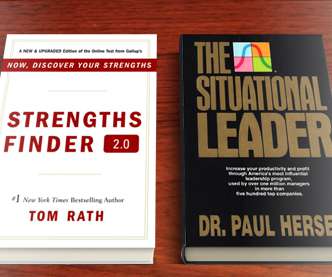The Pros & Cons of Situational Leadership®
The Center For Leadership Studies
JUNE 8, 2023
What Is Situational Leadership ® ? Situational Leadership ® is a model that over 15 million managers have experienced in formal training around the globe. The essence of the Situational Leadership ® Model is that there is no “best” leadership style. Why Is Situational Leadership ® Important?














Let's personalize your content